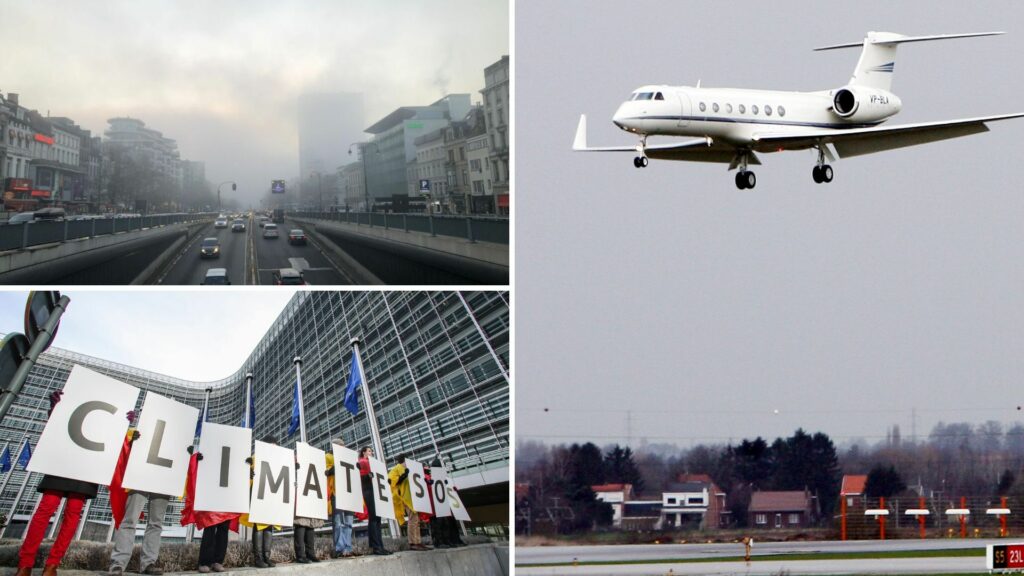As EU energy ministers continued their informal meeting on Tuesday and Wednesday, it has emerged that reforms to the transport sector have barely been discussed among means of dealing with Europe's energy crisis. Yet environmental organisation Greenpeace stresses that these could be among the most impactful.
The organisation calculates that reforms to the sector could cut the EU’s oil use for vehicles by 13% and help households save up to €63 billion in bills each year.
While European Commission President Ursula von der Leyen has repeatedly urged the need for a transformation of the EU’s electricity market, moves to decarbonise the transport sector are rarely discussed on an EU level, Greenpeace stated.
Overlooked solution
“Europe’s oil-addicted transport system is making the cost-of-living crisis worse for households while wrecking the climate and funding the war in Ukraine. Fuel prices are rising, but many people have no choice but to keep paying through the nose unless the EU and governments provide alternatives," Thomas Gelin, Greenpeace EU Transport Campaigner, said.
"Banning needless short-haul flights and private jets and boosting public transport with affordable ‘climate’ tickets would cut oil use dramatically, and people’s bills along with it."
Gelin cited Germany's example, where a summer policy to provide residents with €9/month train tickets allowed for unlimited travel on all public transport except high-speed trains. The initiative resulted in a substantial reduction in the use of cars and saved the equivalent annual CO2 emissions of almost 388,000 cars.
Clamping down on the big polluters
Europe’s transport system is a major contributor to the energy, climate and cost-of-living crises on the continent. Aside from consuming more energy than any other sector in the EU and using almost 70% of the bloc's oil, it also causes almost 30% of greenhouse gas emissions.
The organisation noted that many measures could be implemented on a national or EU level. These include increased teleworking, more carpooling and reduced speed limits, which could cut the EU’s annual transport-related energy consumption by 50 million tonnes of oil – equivalent to the greenhouse gas emissions of 120 million average cars.
Related News
- Energy crisis pushes Belgians to rethink building practices
- 'Ecological and social disaster': Climate activists block TotalEnergies site in Wallonia
More initiatives such as that seen in Germany and Spain (where the "climate ticket" made public transport free) have proven to alleviate energy and living costs and enable low-income households to access mobility services. Furthermore, the policy reduced the number of cars on roads, lowering pollution and city traffic.
"While the European Commission has acknowledged the significant energy savings potential in the transport sector," it has not proposed any such EU-wide measures, "as opposed to measures it has implemented to save gas and more recently electricity," Greenpeace noted.

